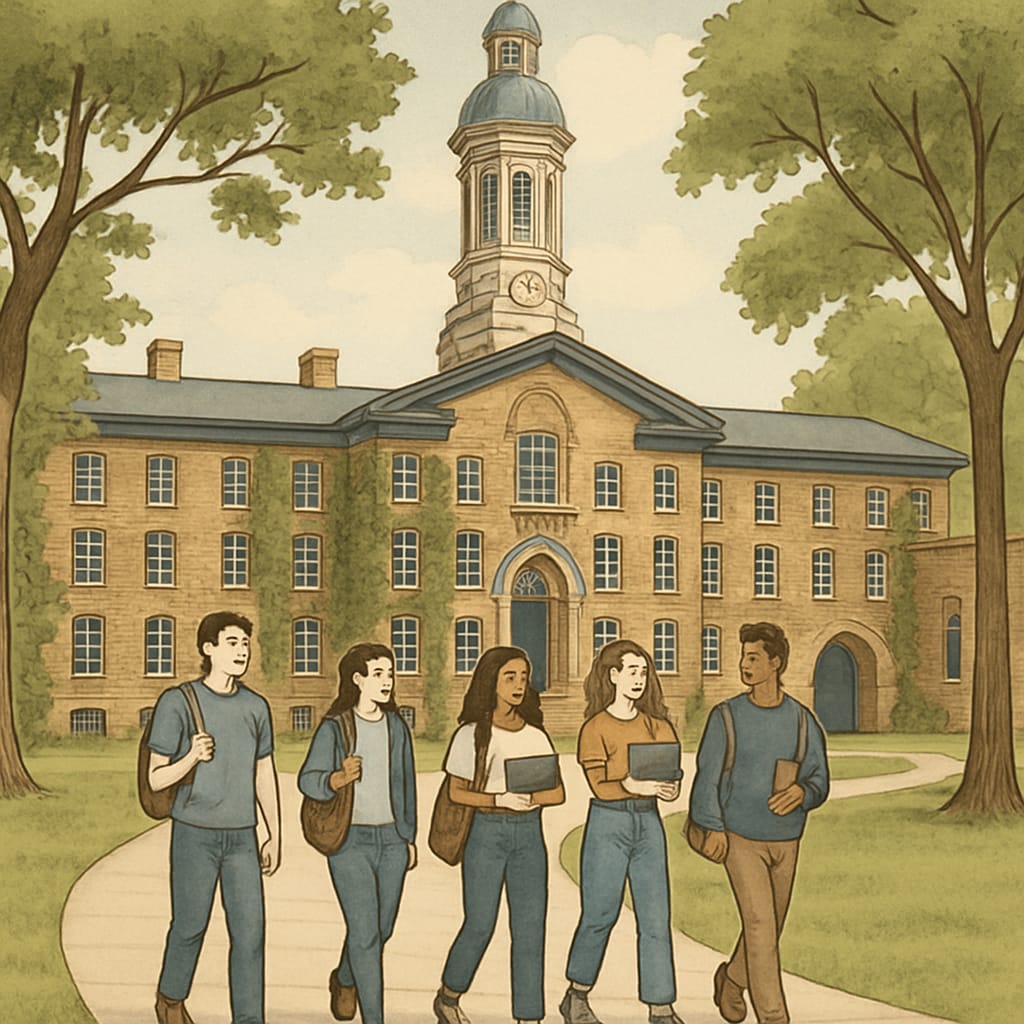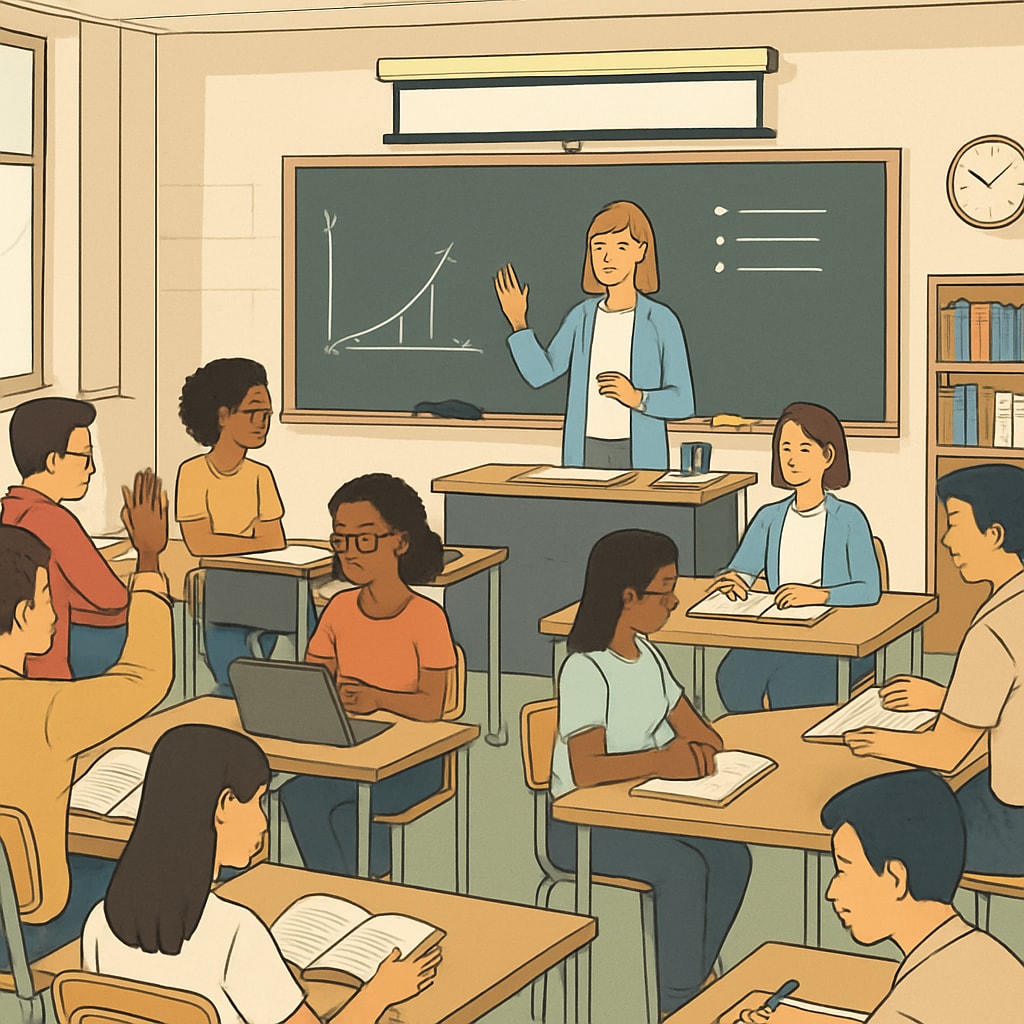The prestige of Princeton and other Ivy League schools has long been a hallmark of academic excellence and societal achievement. But are we overestimating their real-world value? The question of whether their stellar reputation aligns with tangible educational benefits is increasingly debated among students, educators, and employers. This article delves into the debate, examining whether the “Ivy League mystique” is truly justified or simply a product of societal bias.
Exploring the Ivy League Reputation
The Ivy League, a group of eight prestigious private universities in the northeastern United States, including Princeton, Harvard, and Yale, is synonymous with academic elitism. These schools boast impressive alumni networks, cutting-edge research facilities, and historical significance. However, critics argue that their reputation may overshadow fundamental questions about the true return on investment for students.
For example, while Ivy League graduates often secure high-paying jobs early in their careers, this success is not solely attributable to the education they receive. Other factors, such as existing socioeconomic advantages and well-connected alumni networks, play significant roles. According to a Britannica article on the Ivy League, these institutions are often as much about who you know as what you learn.

Does Princeton Deliver on Its Promises?
Princeton University is often considered the pinnacle of higher education, offering a liberal arts curriculum and renowned faculty. Its small class sizes and state-of-the-art facilities are designed to foster a world-class learning environment. However, the question remains: does Princeton’s education merit the immense financial and emotional investment?
Critics point out that while Princeton excels in providing a theoretical and research-focused education, its resources are not always accessible to students from less privileged backgrounds. Additionally, the exclusivity of the Ivy League often perpetuates social inequality rather than mitigating it. A Wikipedia entry on Princeton University highlights its admissions policies, which have been criticized for favoring legacies and affluent applicants.
Beyond the Ivy League: Alternative Paths to Success
While the Ivy League dominates discussions about elite education, it is important to acknowledge the value of non-Ivy institutions and alternative educational paths. Many public universities and liberal arts colleges offer similar, if not superior, educational quality at a fraction of the cost. Moreover, the rise of online education platforms and vocational training programs has opened new opportunities for skill acquisition and career advancement.
Consider these alternatives:
- Public universities such as the University of California, Berkeley, and the University of Michigan provide top-tier education and robust alumni networks.
- Online platforms like Coursera and edX offer certifications from reputable institutions at accessible prices.
- Vocational programs and community colleges focus on skill-building, often leading to immediate job placement.

Conclusion: Is the Ivy League Worth It?
While the Ivy League, including Princeton, undoubtedly offers unique advantages, it is essential to approach its reputation with a critical eye. The high costs and exclusivity of these institutions may not always align with the educational outcomes they promise. As a result, prospective students should carefully evaluate their options, considering both the tangible and intangible returns of their investments in education.
In the end, the true value of a university lies not in its name but in the opportunities it creates for personal and professional growth.
Readability guidance: Use short paragraphs and lists for clarity; keep passive voice usage minimal; ensure over 30% of sentences use transition words for smooth flow.


